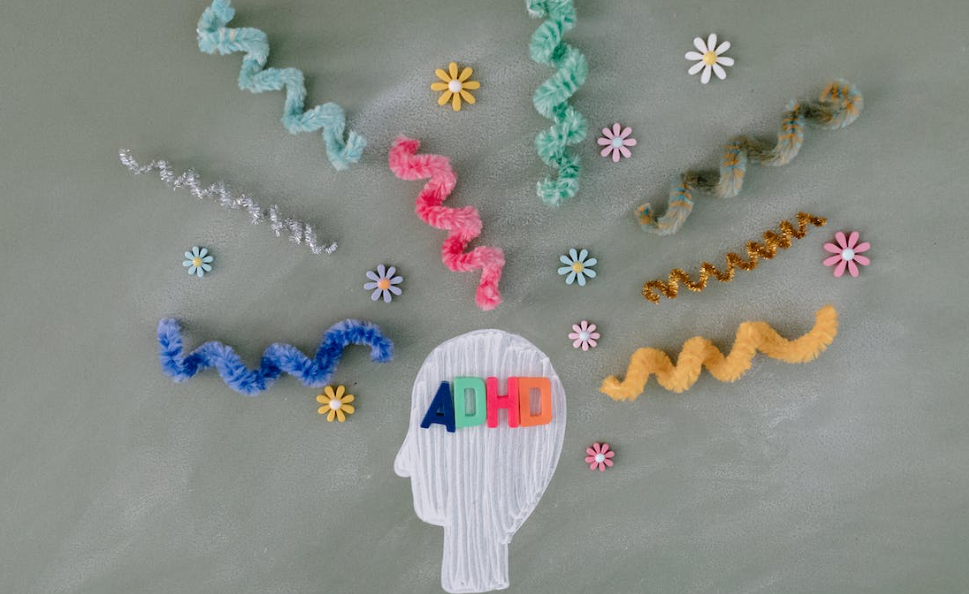Dance of Hormones: Menstrual Cycle Effect on Brain Plasticity

©️ gpointstudio / Freepik
The intricate relationship between ovarian hormones and the brain has long been a subject of scientific inquiry. A groundbreaking study conducted by Rachel Zsido and Julia Sacher from the Max Planck Institute for Human Cognitive and Brain Sciences sheds light on how rhythmic oscillations in ovarian hormone levels during the menstrual cycle impact the structural plasticity of key brain regions. Published in Nature Mental Health, their research delves into the dynamic changes within the female brain. It offers insights into the nuanced interplay between hormones and cognitive function.
Understanding the Impact of Ovarian Hormones
Ovarian hormones wield substantial influence over the brain, and the repercussions of hormonal fluctuations extend beyond reproductive health. While early menopause has been associated with an elevated risk of accelerated brain aging and dementia, the effects of ovarian hormone fluctuations on brain structure earlier in life have remained less defined. Zsido and Sacher’s study addresses this gap, revealing that these hormonal shifts play a crucial role in shaping structural plasticity during the reproductive years.

Methodology: Unveiling the Female Brain’s Dynamics
To unravel the intricate relationship between ovarian hormones and brain structure, the researchers employed a comprehensive approach. Blood samples from 27 female participants were collected and ultrasound was utilized to meticulously track follicle growth in the ovaries, pinpointing the precise timing of ovulation. Employing ultra-high field 7 Tesla MRI, the scientists delved into subregions of the medial temporal lobe and hippocampus. These areas are dense with ovarian hormone receptors crucial for cognitive functions such as episodic memory.

Longitudinal Analysis
Unlike previous studies that examined female brains at a single point in time, Zsido and Sacher adopted a longitudinal design. By assessing brains at six points across the menstrual cycle, they captured the dynamic changes in ovarian hormones. During this cycle, estradiol, a pivotal ovarian hormone instrumental in maintaining the reproductive system, increased across the first half and peaked around ovulation. In contrast, progesterone dominated the second half, preparing the uterus for pregnancy and offering anxiety-relieving, sleep-inducing, relaxing, and calming effects.
Menstrual Cycle Effect on Brain
The study revealed that certain medial temporal lobe regions crucial for episodic memory and spatial cognition expanded under high estradiol and low progesterone levels. This demonstrates that these brain areas remodel themselves in synchronization with the menstrual cycle. Julia Sacher emphasizes the need for further research to understand how rhythmic changes might be altered in individuals at risk for memory and affective disorders. It will pave the way for deeper insights into the female brain’s adaptation to change.

Future Directions
The female brain remains significantly understudied in cognitive neuroscience, with hormonal transition phases receiving minimal attention. Less than 0.5 percent of neuroimaging literature considers factors such as the menstrual cycle, hormonal contraceptives, pregnancy, and menopause. Sacher emphasizes the importance of addressing this research gap to identify mechanisms underlying mental health disorders. A deeper understanding of how the healthy female brain adapts to change is crucial for unraveling the complexities of conditions like depression and Alzheimer’s disease.
By unraveling the rhythmic dance of hormones, Zsido and Sacher’s research opens new avenues for exploring the dynamic interplay between the menstrual cycle and brain plasticity. It will ultimately contribute to a more comprehensive understanding of the female brain’s role in cognitive function and mental health.
You might also want to read: The Brainy Paradox: Is Being Lazy a Sign of High Intelligence?


